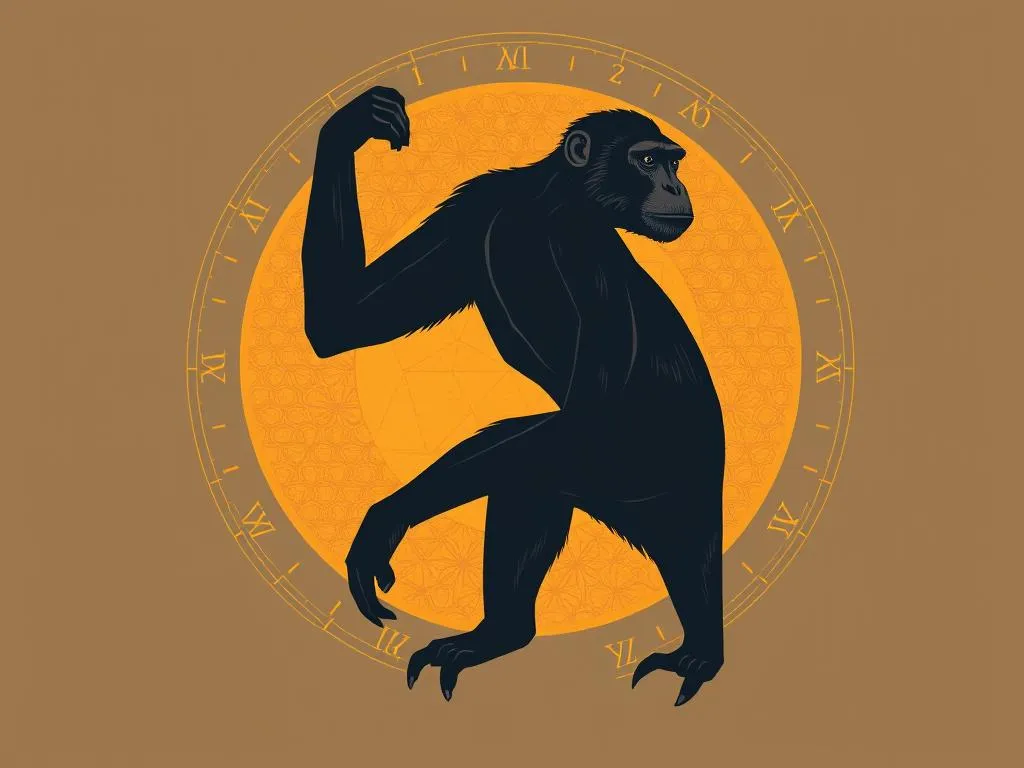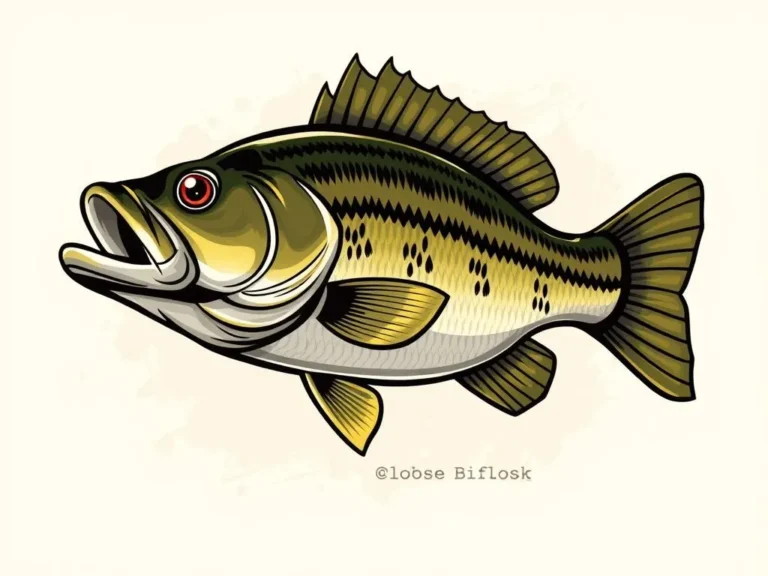Bonobo Symbolism: Exploring the Deeper Meaning of this Gentle Primate

Introduction
Bonobo symbolism has become increasingly prevalent in recent years, as people seek to connect with the deeper spiritual and symbolic meanings of this gentle primate. As one of our closest living relatives, the bonobo holds a unique place in the animal kingdom, and its symbolic significance can provide valuable insights into our own human experience. In this article, we’ll explore the fascinating world of bonobo symbolism, delving into the various interpretations and the ways in which this captivating creature can inspire and guide us.
The bonobo, also known as the pygmy chimpanzee, is a species of great ape found in the Democratic Republic of the Congo. These highly intelligent and social animals are known for their peaceful, matriarchal society, and their ability to resolve conflicts through non-violent means. This unique behavioral profile has led many to view the bonobo as a symbol of harmony, empathy, and the power of cooperation.
Bonobo Symbolism and Conflict Resolution
One of the most prominent aspects of bonobo symbolism is its association with conflict resolution and peacemaking. Bonobos are renowned for their ability to resolve disputes through communication, empathy, and physical affection, rather than through aggression or violence. This approach to conflict resolution is often seen as a model for human society, highlighting the potential for peaceful coexistence and the power of compassion.
In the context of bonobo symbolism, this conflict resolution ability may represent the importance of open communication, emotional intelligence, and the willingness to compromise. It could suggest that by embracing these qualities, we can find more harmonious and constructive ways to navigate our own interpersonal and societal conflicts.
Bonobo Symbolism and Matriarchal Societies
Another fascinating aspect of bonobo symbolism is its connection to matriarchal societies. Bonobos are known to have a highly egalitarian and female-centered social structure, where the females play a dominant role in decision-making and conflict resolution. This matriarchal dynamic is often seen as a symbol of the inherent strength and wisdom of the feminine principle.
In the context of bonobo symbolism, this matriarchal society might represent the importance of empowering and honoring the feminine aspects of our own nature, whether they are expressed through individuals or within our larger social structures. It could suggest that by embracing the nurturing, collaborative, and intuitive qualities associated with the feminine, we can create more balanced and harmonious communities.
Bonobo Symbolism and Sexuality
The bonobos’ unique approach to sexuality is another aspect that has contributed to their symbolic significance. These primates are known to engage in a wide range of sexual behaviors, including same-sex interactions, as a means of fostering social bonds and resolving conflicts. This open and fluid sexuality is often seen as a symbol of the inherent diversity and fluidity of human sexuality.
In the context of bonobo symbolism, this sexual openness might represent the importance of embracing our own sexual diversity and the fluidity of human identity. It could suggest that by letting go of rigid social norms and embracing the full spectrum of human sexuality, we can cultivate deeper connections and a more harmonious society.
Bonobo Symbolism and Empathy
The bonobos’ renowned ability to empathize with one another and respond to the emotional needs of their peers is another key aspect of their symbolic significance. These primates are known to engage in comforting behaviors, such as embracing and grooming, as a way of soothing distressed individuals and maintaining social cohesion.
In the context of bonobo symbolism, this empathetic capacity might represent the importance of cultivating compassion, emotional intelligence, and the ability to connect with others on a deep, intuitive level. It could suggest that by developing these qualities within ourselves and our communities, we can create a more harmonious and fulfilling world.
Bonobo Symbolism and Sustainability
Finally, the bonobo’s role as a keystone species in its native habitat has also contributed to its symbolic significance. As a highly intelligent and adaptable primate, the bonobo plays a crucial role in maintaining the ecological balance of the Congo Basin, a region that is home to some of the most biodiverse and threatened ecosystems on the planet.
In the context of bonobo symbolism, this ecological importance might represent the urgent need for sustainable and harmonious relationships between humans and the natural world. It could suggest that by learning from the bonobo’s example of cooperative and non-destructive coexistence, we can find ways to live in greater harmony with our environment and ensure a more sustainable future for all.
Conclusion
As we have explored, bonobo symbolism is a rich and multifaceted concept that can provide valuable insights into the human experience. From its associations with conflict resolution, matriarchal societies, sexuality, empathy, and sustainability, the bonobo has become a powerful symbol of the potential for harmony, cooperation, and the honoring of the feminine principle.
By embracing the deeper meanings and lessons of bonobo symbolism, we can cultivate a greater sense of compassion, emotional intelligence, and respect for the diversity of life on our planet. Whether through personal reflection, community-building, or environmental stewardship, the bonobo can serve as a guiding light, inspiring us to create a more just, equitable, and sustainable world.
So, as you ponder the significance of the bonobo and its place in the natural world, consider how its symbolic meaning might resonate with your own life and the larger human experience. By connecting with the wisdom and grace of this remarkable primate, we can unlock new pathways to personal and collective transformation.





